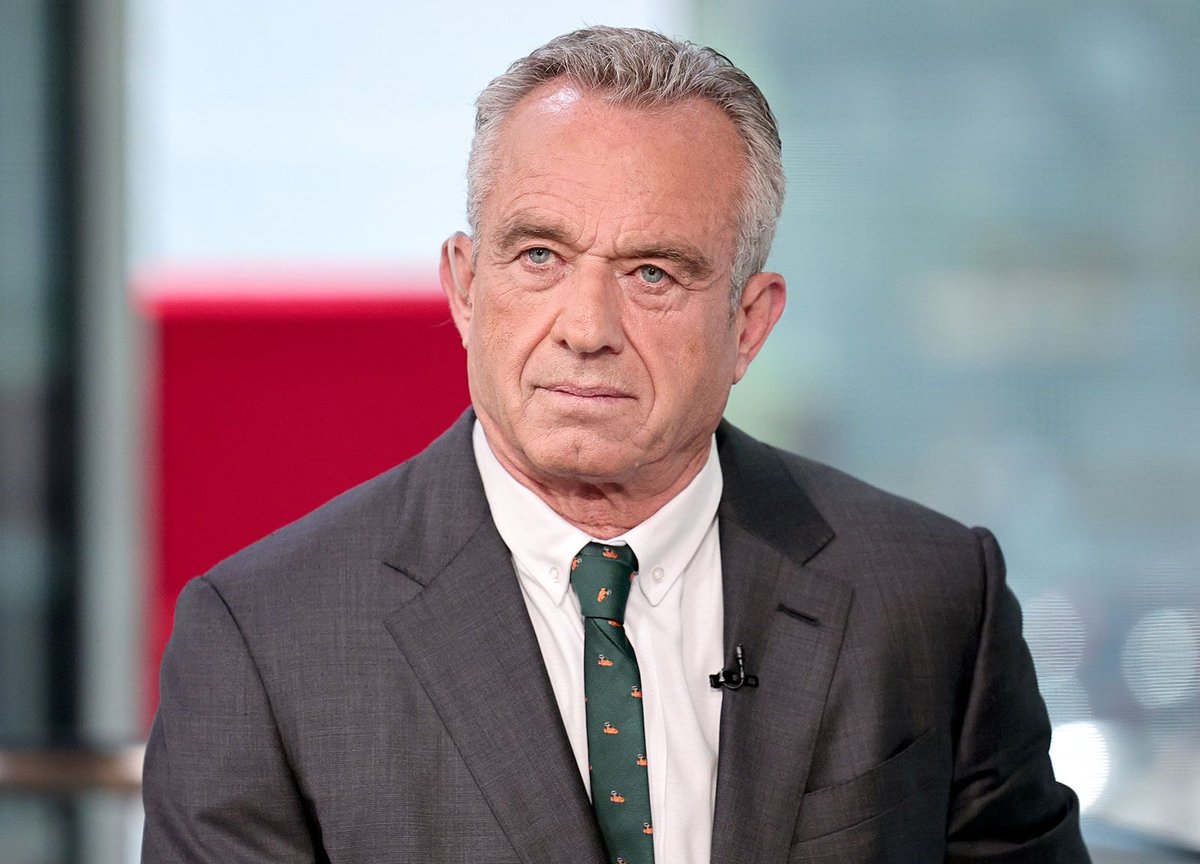“Pandemic Preparedness in Jeopardy: RFK Jr. Advocates for Bird Flu Breeding as Office Faces Cuts”

The audacity of suggesting we let avian flu-infected birds run wild while a crucial pandemic preparedness office dwindles to a mere skeleton crew is almost too rich to digest. Robert F. Kennedy Jr., the newly appointed Secretary of the U.S. Department of Health and Human Services, has stirred controversy with his proposal to isolate and allow birds with the avian flu to breed instead of culling them. This comes at a time when the White House Office of Pandemic Preparedness and Response Policy (OPPR) is facing an alarming staffing crisis, reduced from 20 employees to just one, as reported by CNN. Established in 2022 to address biological threats, the OPPR has seemingly vanished into obscurity, its website offline and its resources depleted.
Under the Biden administration, the OPPR was designed to coordinate responses to both known and unknown biological threats, a task that now appears to be left to the birds themselves. The ex-OPPR director, Dr. Paul Friedrichs, highlights that the office was previously engaged in planning health responses, including those for avian flu, until it was abruptly sidelined. Dr. Gerald Parker, who has taken the reins of OPPR, might be busy attending bird flu meetings, but the lack of communication and resources raises questions about the efficacy of the office’s current operations.
As the avian flu crisis escalates—70 Americans infected, one fatality, and over 166 million birds culled—Kennedy’s controversial stance on allowing the disease to circulate among bird populations has sparked debate. He argues that identifying surviving birds could lead to breeding a more resilient strain, while also advocating for testing therapeutic drugs on these flocks. “We’ve killed 166 million chickens,” he bemoans, attributing the egg crisis to these drastic measures.
Kennedy’s comments have not only drawn skepticism but also highlight a glaring disconnect between policy and practice in pandemic preparedness. The irony here is thick: as a health crisis unfolds, the very agency meant to respond is in disarray, leaving us to wonder if the next pandemic will be managed by our feathered friends. Perhaps it’s time to reevaluate our priorities before we’re left scrambling, or worse, winging it.
Sources: Celebrity Storm and People Magazine, CNN, CBS News
Image Credit: Title: Untitled, Author: No author info, License: [‘cc_attribute’, ‘cc_nonderived’, ‘cc_publicdomain’]




